More than 13,000 tubes of ice cream have been recalled due to possibly containing “foreign objects.”
Now, the Food and Drug Administration (FDA) has updated the risk level to a Class II recall in an attempt to warn the public and get all pints of ice cream returned to stores.
The Ice Cream Company
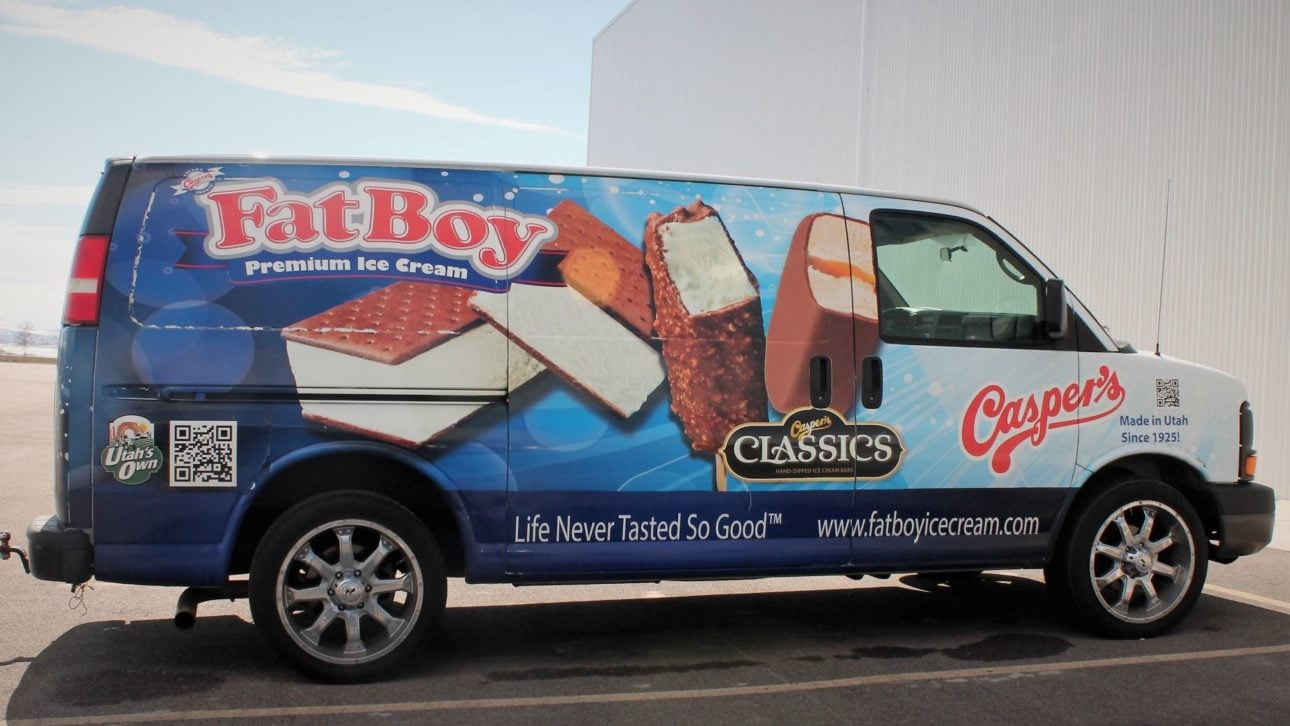
The recalled ice cream comes from a Utah-based brand called Casper’s Ice Cream Inc. The team voluntarily recalled one of the products after discovering that two tubs of ice cream contained rubber fragments.
Although the recall was first issued on June 6 of this year, it has been updated this week by the U.S. FDA as a Class II recall.
Class II Recall
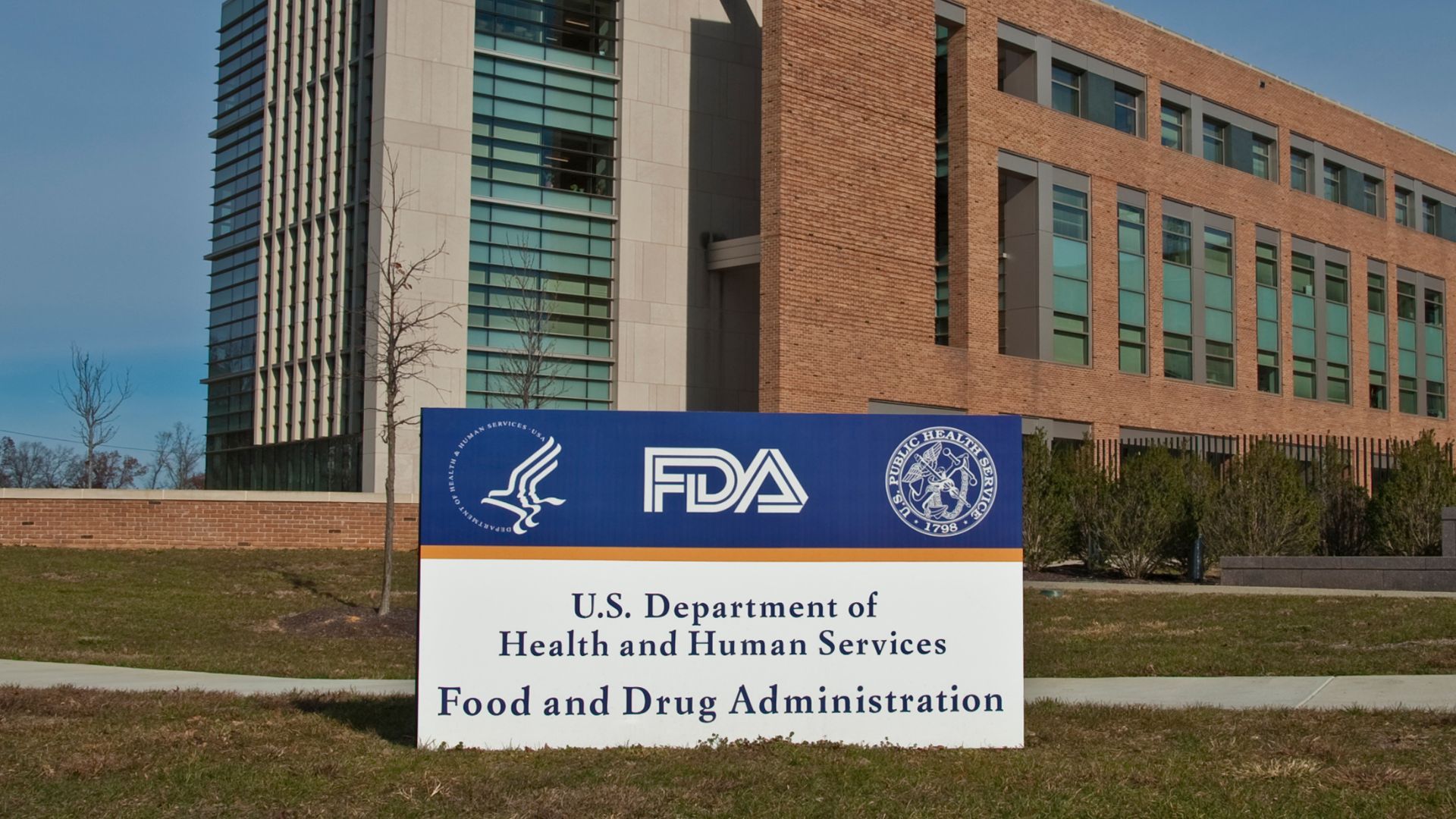
The FDA notes that a Class II recall is determined when a “situation in which use of or exposure to a violative product may cause temporary or medically reversible adverse health consequences or where the probability of serious adverse health consequences is remote.”
While this classification is not the most severe, it proves that the items in question have been contaminated to the point of harming public health.
The Product
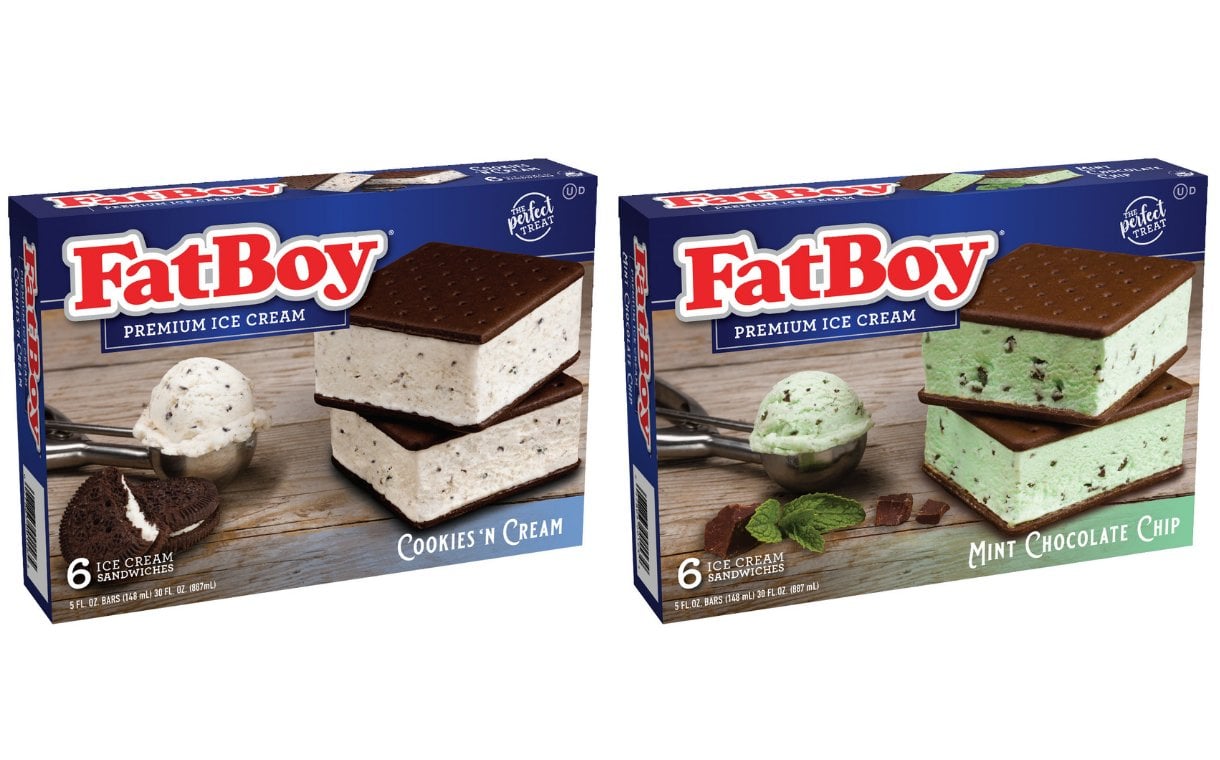
The ice cream that is being recalled is the Red Button Vintage Creamery Cookie Dough Ice Cream with lot number 092-24-568 and UPC of 0 77865 01008 6.
The items were distributed in eight states including Arizona, Colorado, Idaho, Montana, Oregon, Nevada, Utah, and Wyoming.
Foreign Objects Pose Extreme Risks

The FDA notes that foreign or sharp objects in food can “cause traumatic injury including laceration and perforation of tissues of the mouth, tongue, throat, stomach and intestine as well as damage to the teeth and gums.”
However, small particles that can become embedded into food during the manufacturing process rarely cause trauma or serious injury. Items that are enough to cause serious harm will be large enough for a consumer to see them and pick them out.
Rubber in Ice Cream
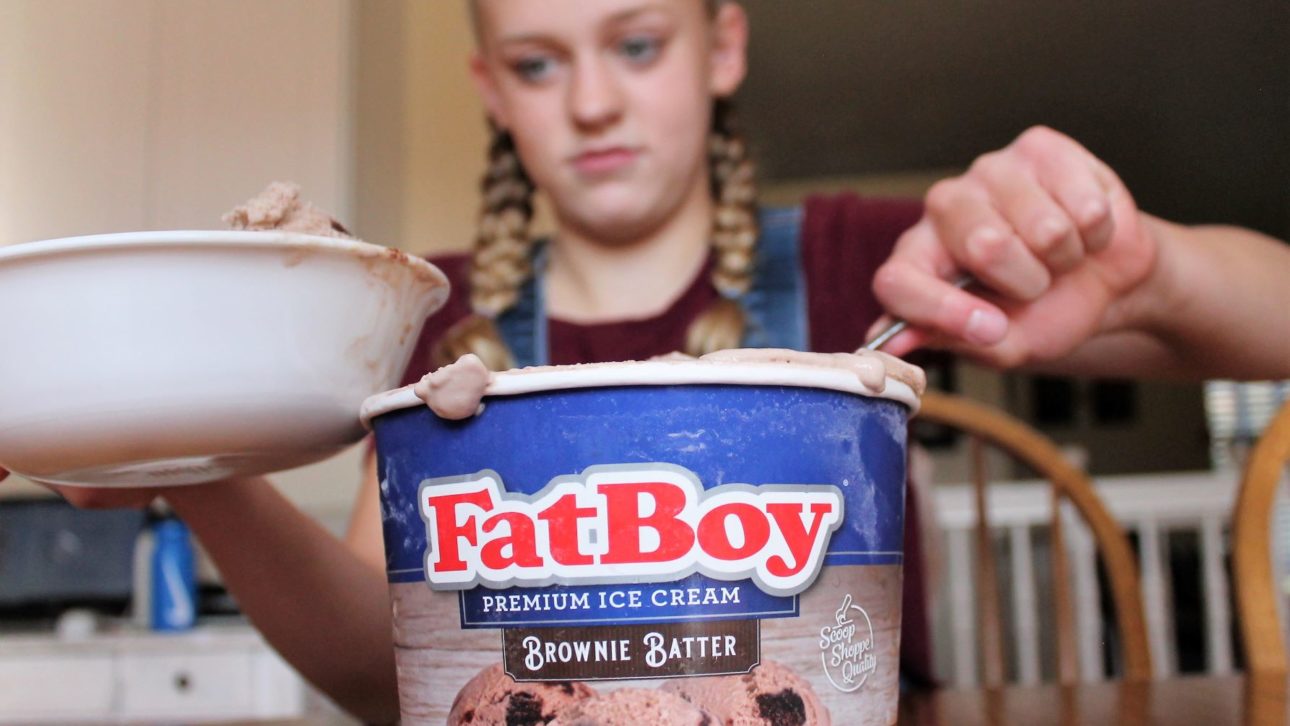
The recall notice included the information that while only two tubes of ice cream contained rubber, the company saw fit to recall all of the items off shelves to avoid any negative repercussions.
Casper’s Ice Cream Inc has not commented on how large the fragments were or how they got into the products.
What Is the Most Serious Classification of Recall?

Class II is only the second most serious classification of food recall.
The most serious is Class I, which occurs when there is a “reasonable probability” that the use of, or exposure to, a product could “cause serious adverse health consequences or death.”
Food Recalls Usually Caused by Contamination

Most recalls are caused by a contamination found in the food or an issue with the packaging.
Recently, there was a large recall of more than four million pounds of chocolate due to a possible salmonella outbreak.
Hard Plastics Found in Other Foods

Casper’s Ice Cream Inc. is not the only company to have had a recent recall due to foreign objects found in food.
Recently, H-E-B issued a voluntary recall on potato salad due to the presence of hard plastics in the food.
How Does Plastic End up in Food?
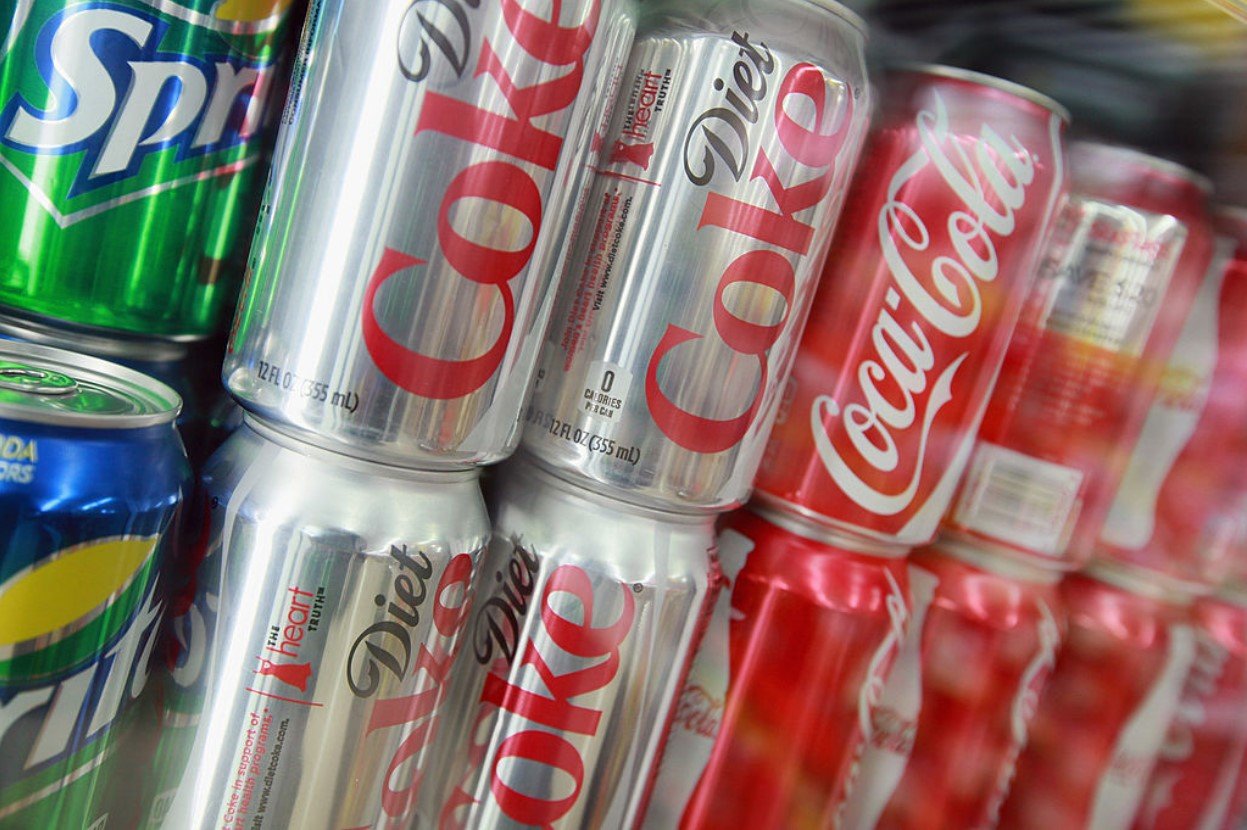
Because most food sold in grocery stores has been manufactured in plants and factories, the possibility of pieces of metal and plastic falling off machines and into the food can be high.
The issue can happen to even the most established companies. In January of this year, Coca-Cola was forced to recall thousands of cans of Diet Coke, Sprite, and Fanta Orange after discovering “foreign material” inside several cans.
Packaging Can Also Be Tampered
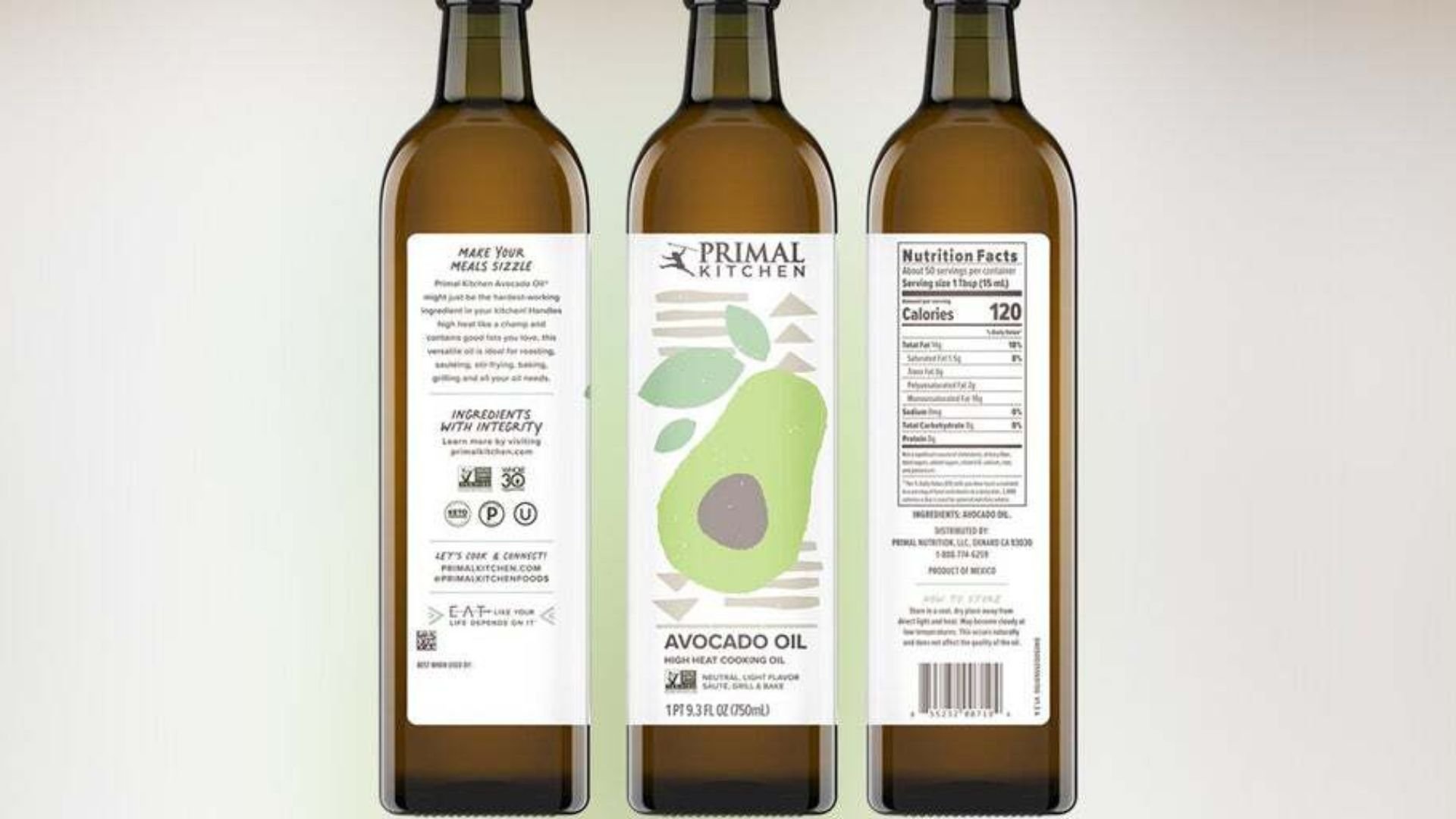
Along with the food itself, many recalls are issued because there is a defect in the way that the packaging works or if the packaging could increase the risk of bacteria growth.
In April, a company called Primal Kitchen had to recall over 2,000 bottles of cooking oil spray because the packaging was leaking. Often, the packaging issues pose no threat to the public but it can’t be sold.
What To Do If You Bought the Ice Ceam?

If you find that you have purchased any of the cookie dough ice cream, you can simply return it to the store where it was purchased.
Usually, you will not need a receipt, as the grocery stores and companies will be aware of the recall.








































